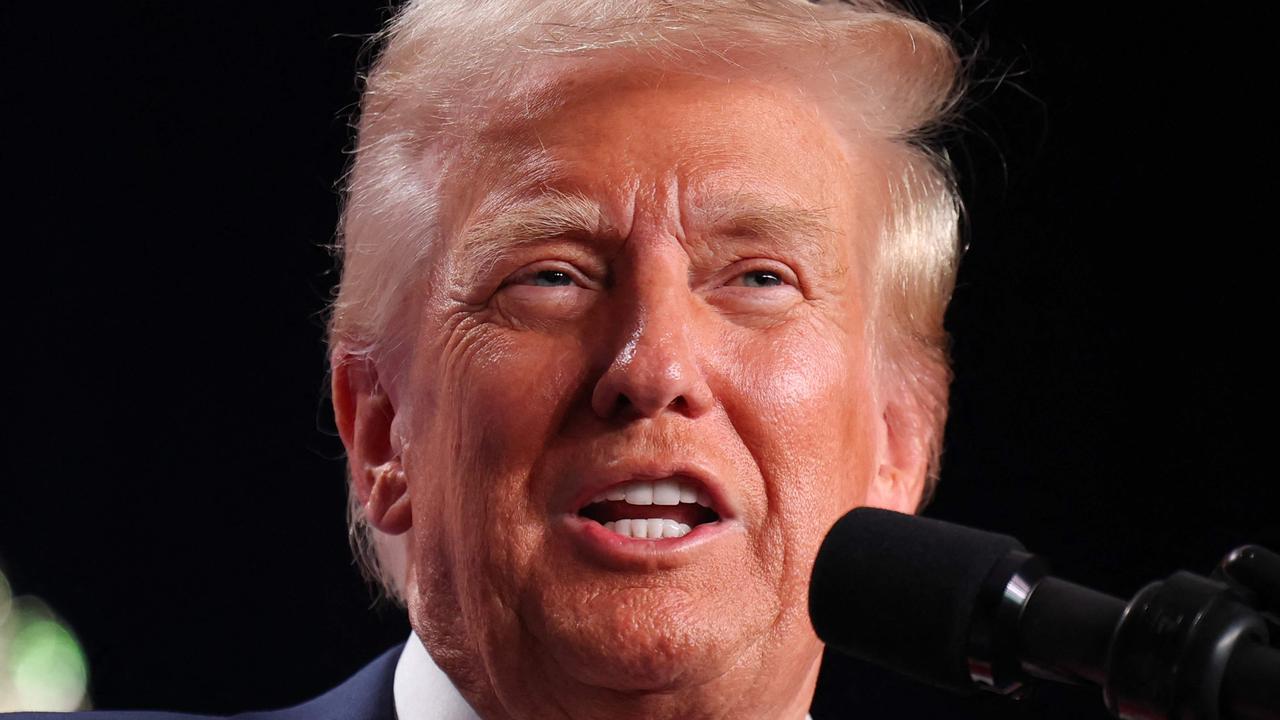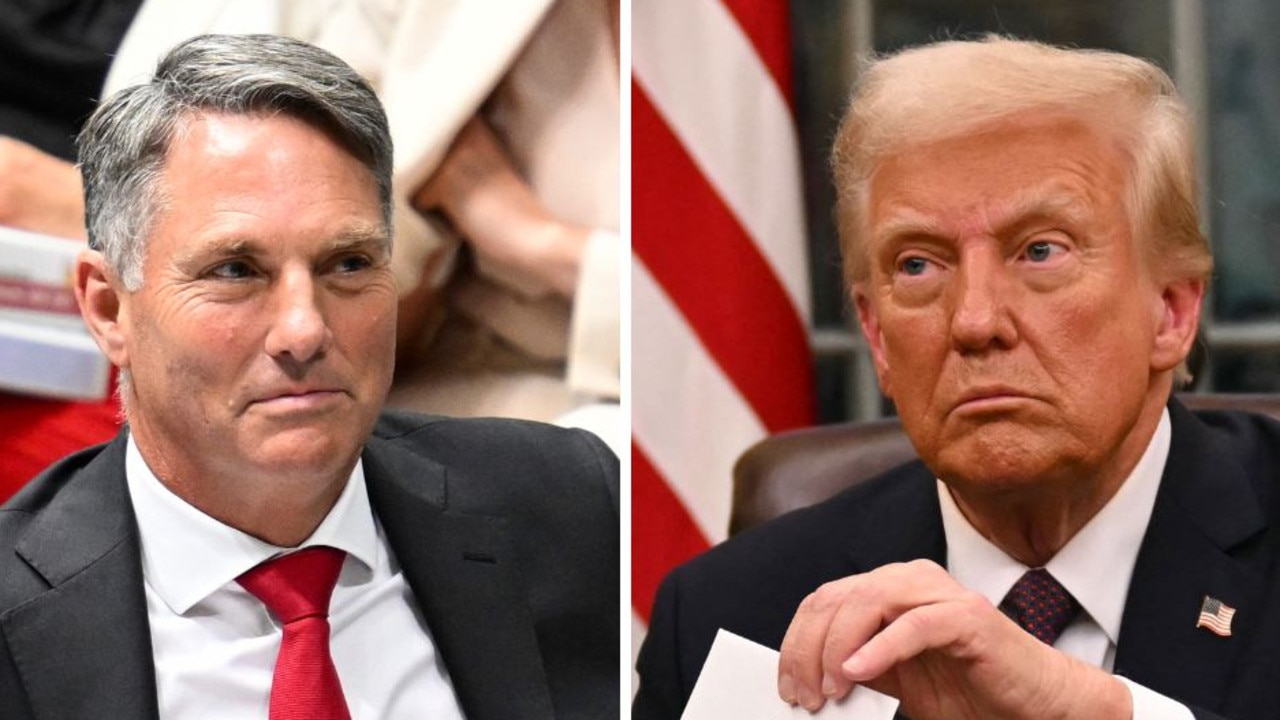Grexit: Greek deal or no deal may not be the end
GREECE is facing its last chance for a deal to avoid exiting the euro, but will that really mean the end for the long-running saga that’s causing global financial uncertainty?
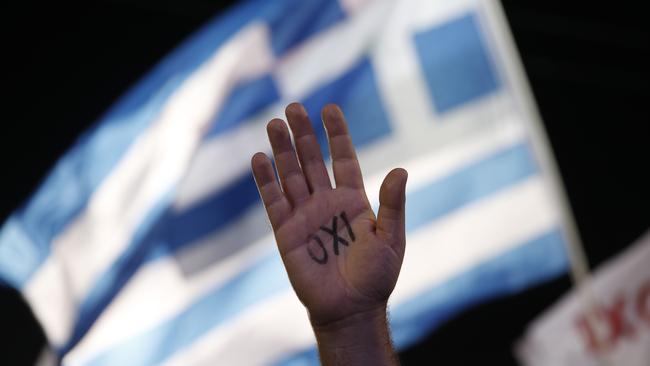
THE Greek bailout “deal or no deal” deadline may not be the end of the long-running saga that has coined the phrase “Grexit” and caused global financial market uncertainty.
Australian economists believe Greece has a 50/50 chance of securing a bailout deal with its European creditors to avoid its exit from the eurozone.
Eurozone finance ministers were resuming talks in Brussels on Sunday (7pm AEST), five hours before leaders were to meet to decide on Greece’s fate.
WHAT IS THE PROBLEM?
Greece is 323 billion euros ($A478.59 billion) in debt and has already been bailed out twice.
“It is simply impossible to keep spending over a long period of time much more than one earns,” European Union President Donald Tusk says.
WHAT IS THE FINAL DEADLINE?
Mr Tusk has warned Sunday’s meeting is the last chance for a deal to avoid a Grexit.
“This is really and truly a final wake-up call for Greece but also for us, our last chance,” he said last week.
WHAT IS THE REAL DEADLINE?
July 20, when Greece has to pay 3.5 billion euros ($A5.19 billion) to the European Central Bank.
If Greece misses that payment the ECB is expected to cut off the country’s banks, which have been closed since June 28 with a 60 euros ($A88.90) daily limit on ATM withdrawals.
“If something’s not worked out by then, then the ECB I think would be almost certain to cut off all money to the Greek banks by that point and they’d have to be on track for a Grexit,” AMP Capital chief economist Shane Oliver says.
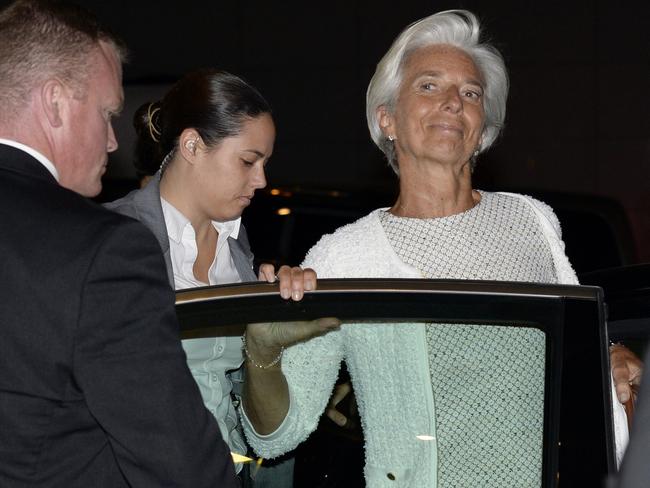
WHAT IS AT STAKE?
Greece may end up bankrupt with an insolvent banking system. “And for sure, it will be most painful for the Greek people,” Mr Tusk says.
“I have no doubt that this will affect all Europe also in the geopolitical sense. If someone has any illusion that it will not be so, they are naive.”
WHAT ARE THE PROSPECTS OF A DEAL?
CommSec chief economist Craig James says it still seems 50/50. “The measures look credible enough but some of the European leaders want Greece to go even further.
“At the end of the day probably something will get hammered out but we can’t discount the fact that both parties just throw up their hands and say it’s all too difficult.”
WHAT IF THERE IS A DEAL?
It will just be a deal towards starting negotiations on a third bailout program, Dr Oliver notes.
“They would agree in principle on a bunch of things but then they would start intensive negotiations to really lock it in.” There’d be some arrangement to fund Greece’s payment to the ECB and International Monetary Fund and get the banks going again, but there’d still be hard negotiations ahead, he says.
WHAT IF IT’S NO DEAL?
Dr Oliver predicts there would be negative fallout on markets on Monday and volatility through the week.
“But I think markets will gradually realise that it’s bad for Greece, horrible for Greece in fact, but it’s not necessarily bad for the rest of Europe.” ANZ head of global economics Brian Martin says no agreement will mean heightened uncertainty in financial markets.
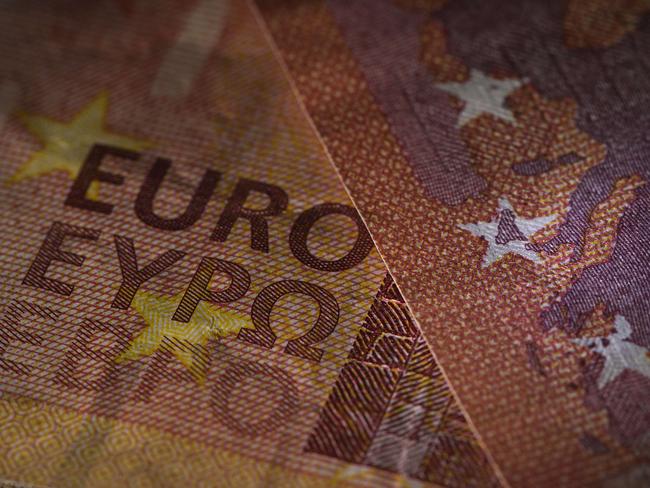
WHAT IF GREXIT HAPPENS?
Mr Martin says if the Greek proposals aren’t deemed sufficient for a third bailout package, the European Union Leaders’ Summit would be about preparing for humanitarian aid to Greece and Greece’s likely exit from the euro.
The Bank of Greece would have to look at introducing an alternative medium of exchange, possibly IOUs, he said in a report on Friday.
Temporary bank closures and capital controls in Greece would be extended.
Essential foreign exchange transactions would probably need authorisation from the central bank and private ones for business trips or personal credit cards may be limited to a few thousand euros per month.
But Mr James says in the longer term it’d probably be more positive than negative if Greece did exit the euro zone.
“For a small country like Greece, which doesn’t have the potential for getting an improvement in their economy because they’re tied to the euro, then actually taking up the drachma may not be such a bad thing.
“Whichever way you go it’s going to cause hardship for the Greek people but if you have a much more competitive exchange then it creates the prospect of a rise in exports and a rise in tourism and provides an extra income for the economy. And it does provide the prospect of growth happening at the same time.”
WHAT ABOUT MORE WIDELY?
Mr Martin predicts that in the event of a Grexit, the euro and stock markets may weaken while there would probably be more demand for traditional safe haven investments such as US treasuries. “Central banks will make whatever liquidity available necessary, and will focus on the impact such a development may have on the global financial markets and their own economies,” he said.
The main problems for the euro area would be political.
“A Grexit would undermine the `irrevocability’ conditionality of euro membership. That could damage confidence, which could curtail investment, hiring and possibly private spending at the margin.”
DEAL OR NO DEAL, IT’S NOT OVER Mr James suggests if the European leaders reject the proposal “perhaps they do come back and try even harder for a deal”.
Dr Oliver says one can’t rule out all of this happening again anyway, as Greece has shown it struggles with a package of austerity and economic reform.
“Even if there is a deal by (Monday) morning it’s not necessary that it’s all over. The whole issue could flare up again some point down the track.”

